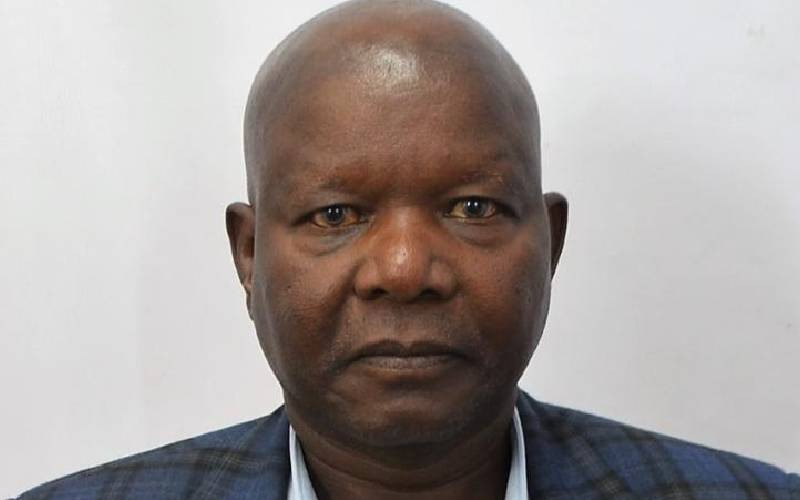
Public spending on sanitation remains a challenge for four reasons. Firstly, sanitation is not a glamorous issue, and it may not be a priority for politicians who are only after votes.
Secondly, there is lack of public awareness and political will towards sanitation, which has led to poor investment in the sector. Thirdly, there is poor coordination among stakeholders, including the government, civil society organisations, and the private sector, which has led to fragmented and inefficient approach.
Finally, there is lack of funding for sanitation, with many donors focusing on other sectors such as health and education. Public spending on sanitation and hygiene cannot be gainsaid. Poor sanitation and hygiene practices contribute to spread of waterborne diseases, responsible for an estimated 432,000 deaths globally each year.
This has a direct impact on public health, leading to increased healthcare costs and reduced productivity. Inadequate sanitation infrastructure has a significant economic impact, with the global cost of poor sanitation estimated at $223 billion annually.
The sanitation situation in Kenya is dire, with a large proportion of the population lacking access to basic sanitation facilities. According to Unicef, only 30 per cent of Kenyans have access to improved sanitation facilities, while 70 per cent rely on unimproved facilities or practice open defecation.
Poor sanitation and hygiene practices contribute to spread of waterborne diseases such as cholera and typhoid, which are major public health concerns. Inadequate sanitation infrastructure cost Kenya 5.6 per cent of its GDP in 2018 alone. Addressing the sanitation situation requires collaborative effort from stakeholders, including the government, civil society organisations and the private sector.
Amref Health Africa in Kenya works to improve access to sanitation and hygiene in communities across the country. Amref's WASH (Water, Sanitation, and Hygiene) programme focuses on promoting behaviour change and building infrastructure to improve access to clean water and sanitation facilities, as well as promoting good hygiene practices.
- UHC workers threaten strike, demand permanent terms and gratuity
- Kenya steps up health investments to safeguard mothers and children
- Health Ministry and Treasury seek collaboration to fast-track UHC implementation
- New 25-year plan targets better maternal and child health in Kenya
Keep Reading
The organisation works closely with communities, government agencies, and other stakeholders to promote sustainable practices that improve health outcomes and reduce the economic burden of poor sanitation. Through its work, Amref Health Africa in Kenya is helping create a healthier and more prosperous country. But that is not enough.
As we mark World Toilet Day today, let us reflect on the dire need for increased public spending on sanitation and hygiene infrastructure. By investing in this essential infrastructure, we can reduce healthcare costs, improve productivity, and prevent premature deaths. But it's not just about the economy. Improved sanitation and hygiene can create jobs and stimulate economic activity. The construction of public toilets and handwashing stations can create jobs for the youth. The government, as the mandate holder, should provide leadership to ensure increased public spending on sanitation and hygiene is prioritised. Additionally, national and county leaders need to make public declarations on the importance of sanitation and hygiene.
Civil society organisations can play a critical role in raising awareness and mobilising communities to take action. They can also advocate increased public spending on sanitation and hygiene infrastructure and hold the government accountable for its commitments.
The private sector can also invest in sanitation and hygiene infrastructure, particularly in areas where the government has limited resources. This can be done through public-private partnerships, which can create cost-sharing opportunities and help to leverage private sector expertise.
The writer is WASH Programme Manager at Amref Health Africa in Kenya
 The Standard Group Plc is a multi-media organization with investments in media
platforms spanning newspaper print
operations, television, radio broadcasting, digital and online services. The
Standard Group is recognized as a
leading multi-media house in Kenya with a key influence in matters of national
and international interest.
The Standard Group Plc is a multi-media organization with investments in media
platforms spanning newspaper print
operations, television, radio broadcasting, digital and online services. The
Standard Group is recognized as a
leading multi-media house in Kenya with a key influence in matters of national
and international interest.




